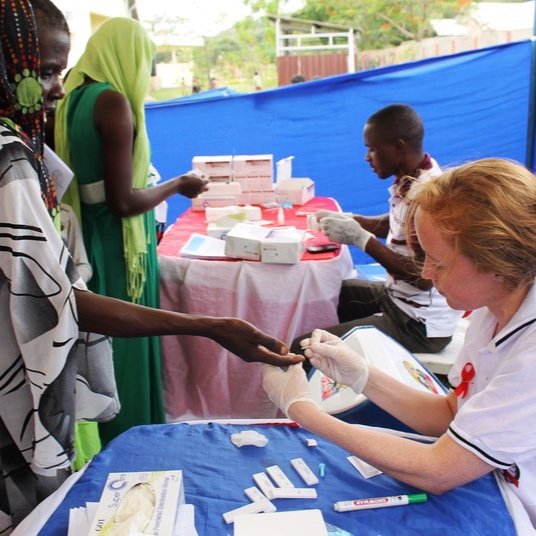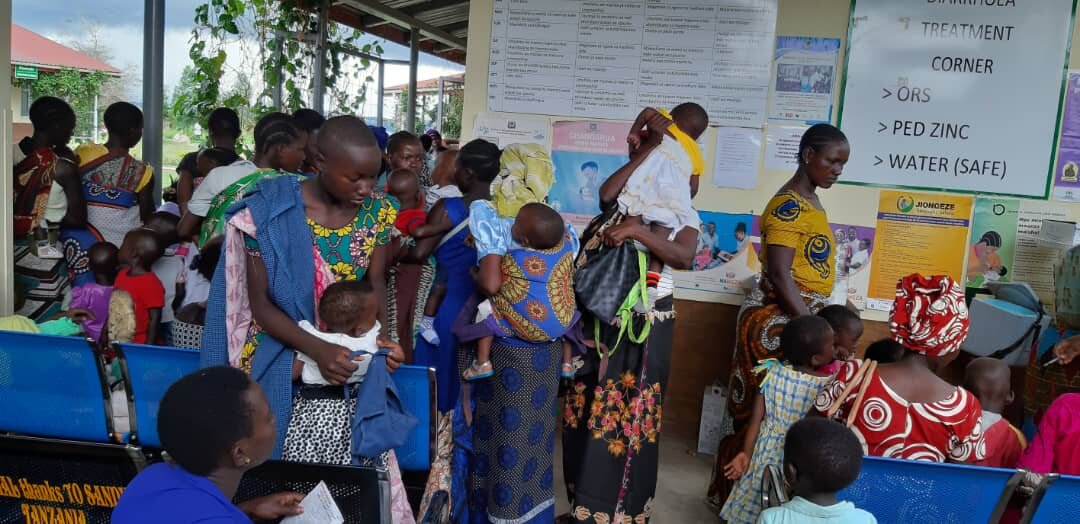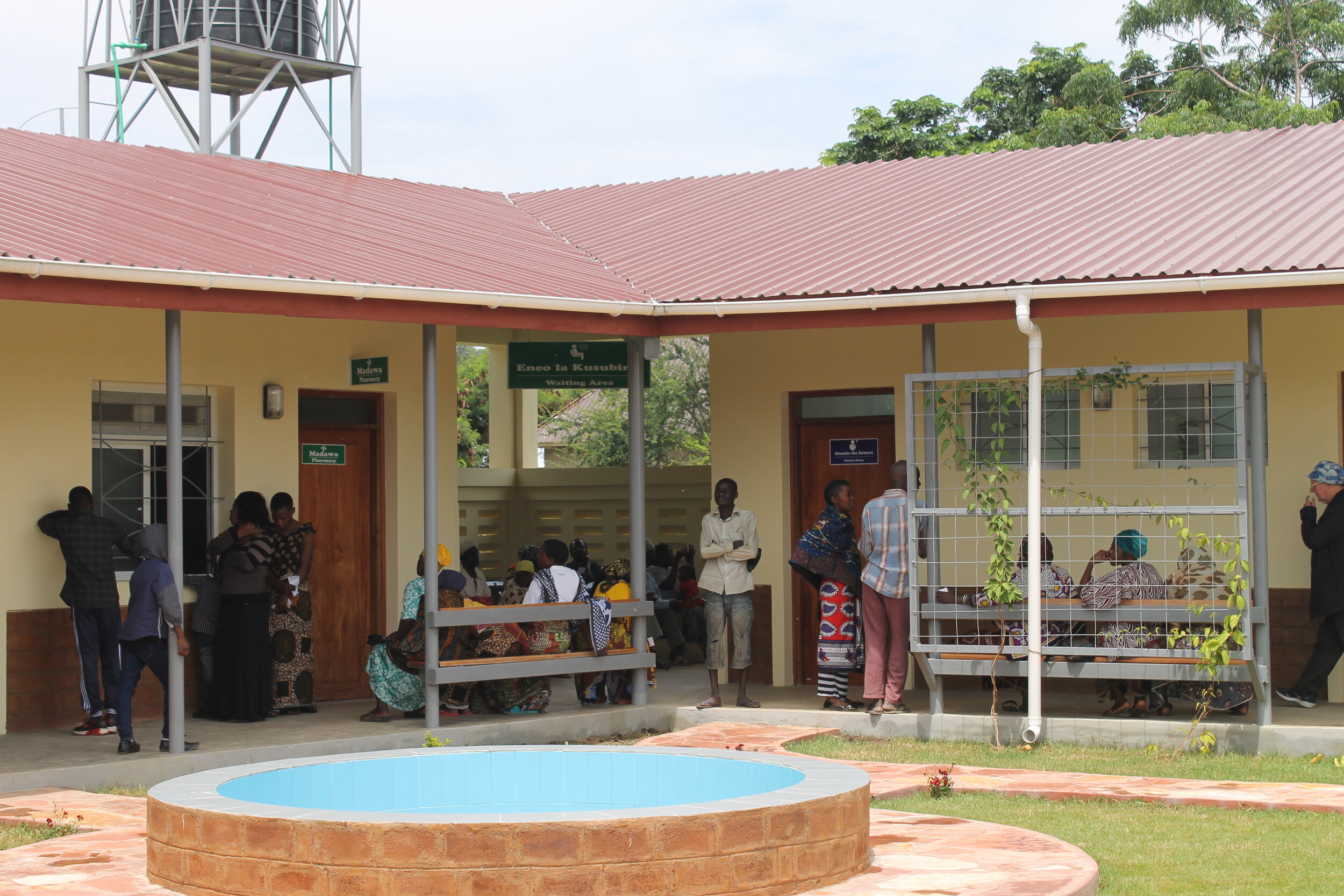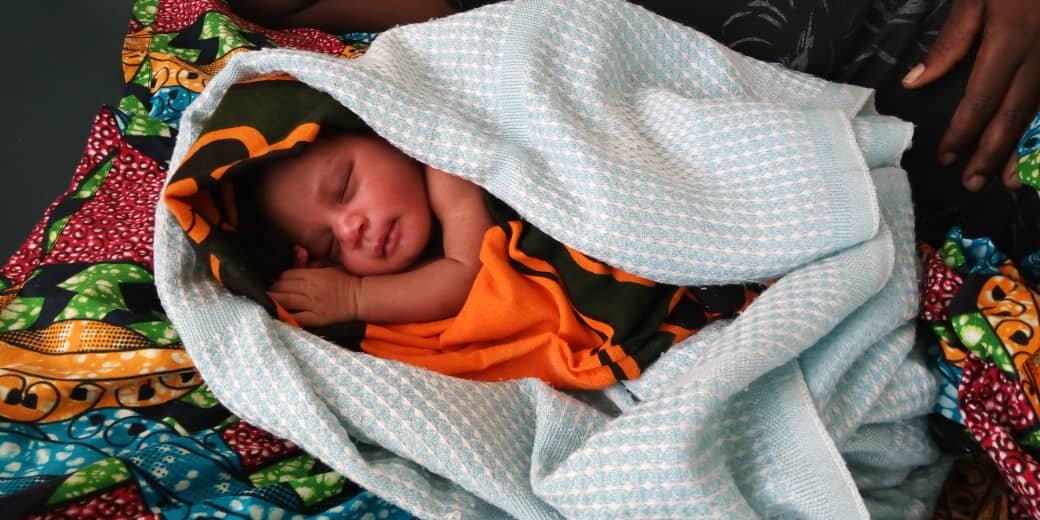The recent USAID funding cuts have had far-reaching consequences for Tanzania, severely impacting healthcare services, employment, and the supply chain of antiretroviral (ARV) medications crucial for HIV/AIDS treatment. These cuts have triggered widespread job losses in the healthcare sector, led to the shutdown of vital health organisations, and disrupted the ARV distribution system, putting millions of lives at risk.
For us at Cedar Tanzania, we immediately lost our three nurses dedicated to HIV/AIDS counselling and ARV distribution. These nurses were funded by ICAP, which saw their funding cut from one day to the next.
We are trying to re-hire one of the nurses by scraping funding from our other projects.
Of course, we are not the only ones. This is happening at every clinic across Tanzania.
Massive Job Losses in the Healthcare Sector
USAID has long been a key financial supporter of Tanzania’s healthcare workforce. However, the abrupt termination of funding has left thousands of health workers unemployed. As a result of the cuts to USAID, approximately 5,000 healthcare professionals, many directly involved in HIV and malaria prevention programs, lost their jobs without warning. These job losses have affected essential services, particularly in rural and underserved communities, where medical support is already scarce.
Adding to this crisis, ICAP at Columbia University, a leading organisation in HIV/AIDS treatment and prevention, has been forced to shut down operations in Tanzania due to the funding halt. ICAP has been instrumental in providing HIV testing, counseling, and ARV treatments. Its closure has left countless medical professionals jobless and has caused major disruptions in HIV/AIDS care.
Disruptions in HIV/AIDS Treatment and ARV Supply Chain
Tanzania has made significant progress in the fight against HIV/AIDS, with approximately 1.4 million people relying on ARVs to manage the disease. However, the USAID funding cuts have severely disrupted the ARV supply chain, creating significant obstacles in procurement, distribution, and patient access.
The Ripple Effect: Rising HIV Transmission and Drug Resistance
Interruptions in ARV treatment have severe consequences. When patients miss doses or stop treatment altogether, the virus can become resistant to medication, making it harder to treat in the future. This is a really scary scenario. Not only will future treatments of individual patients become harder, it will also increase the likelihood of new infections. Remember the AIDS pandemic in the 1980’s?
The Global Health Council has warned that the termination of USAID grants could result in millions of preventable deaths worldwide, particularly among populations dependent on HIV/AIDS treatments. Experts fear that Tanzania may see a resurgence of HIV infections, reversing years of progress in combating the epidemic.
The Future of Healthcare in Tanzania
The USAID funding cuts have already destabilised Tanzania’s healthcare sector, leaving thousands of health workers unemployed and millions of people without access to HIV/AIDS treatment. The country risks facing a major public health crisis unless alternative funding sources are secured.
International organisations, private donors, and global health agencies must step in to prevent further devastation. Without urgent intervention, Tanzania (and the rest of Africa) may experience a sharp increase in HIV-related deaths, a rise in new infections, and the collapse of critical healthcare infrastructure.
Conclusion
The USAID funding cuts have not only impacted Tanzania’s economy by causing mass job losses but have also placed the lives of over a million people living with HIV/AIDS at risk. The collapse of organisations like ICAP and the disruption of the ARV supply chain highlight the fragility of donor-dependent healthcare systems.
As Tanzania navigates this crisis, global health stakeholders must come together to find sustainable solutions. Whether through diversified funding sources, increased government investment, or private sector partnerships, action must be taken now to preserve the progress made in the fight against HIV/AIDS and ensure that Tanzanians continue to receive the healthcare they need.
We want to continue serving our communities of 35,000 residents, but to do so, we need replacement funding for our three nurses and a steady supply of ARVs.
















